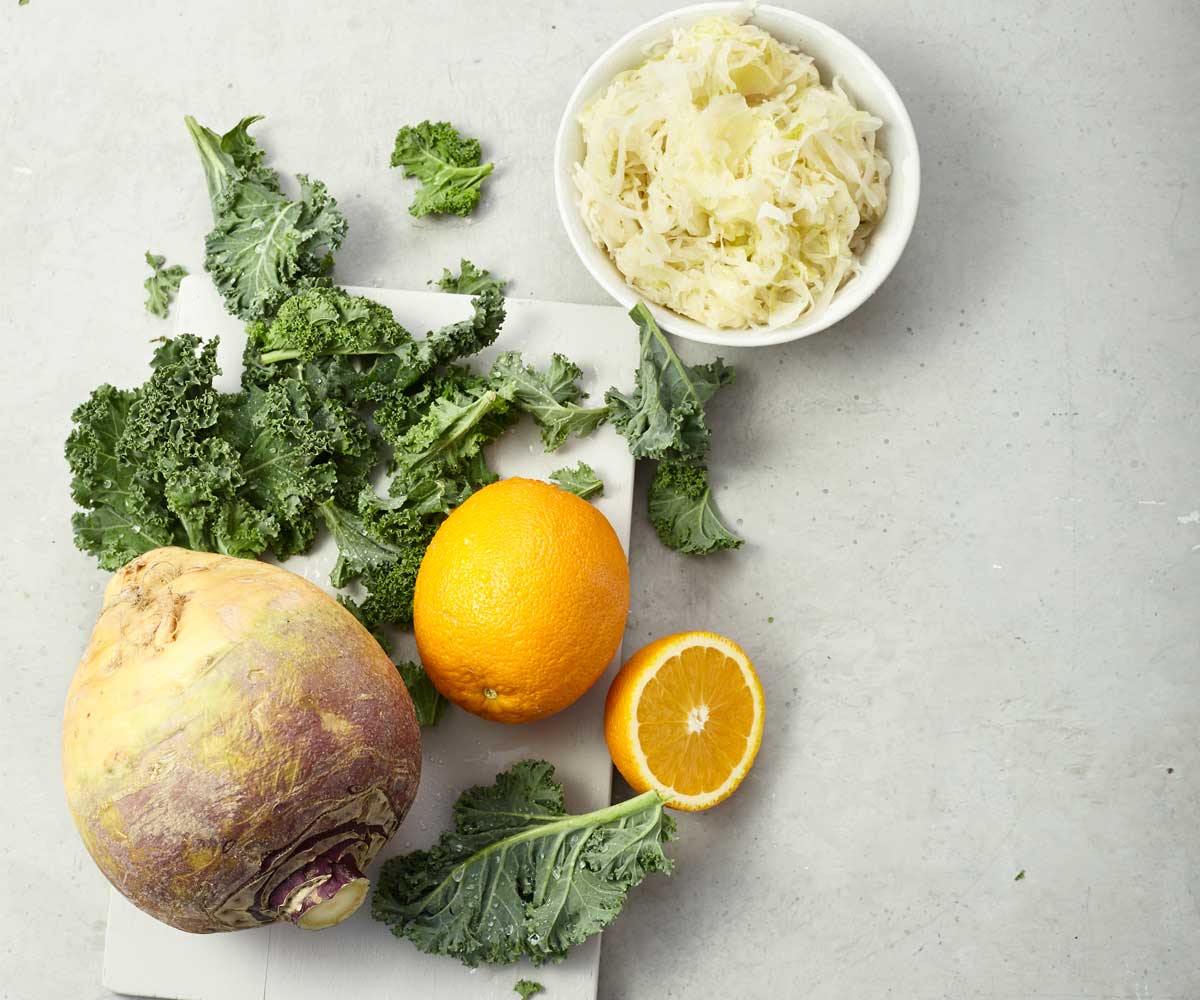Hippocrates famously said that “all disease begins in the gut”, and his thinking could be more relevant than ever, given our modern diet, chronic stress and exposure to environmental toxins.
According to New Zealand doctor Tracy Chandler, medical director and owner of Dr Wellness, the problem is common and easy to miss. “I see people coming in with anything from anxiety to skin problems, and often they have no gut symptoms whatsoever,” she says.
When she puts the pieces of the puzzle together – from the patient’s history to the results of blood tests and specialist tests done in the US – very often Tracy finds that gut dysbiosis, or too many of the bad bugs and not enough of the good, lies at the root of the problem.
Tracy is a former GP who now works as a specialist in integrative health, and she sees gut health as one area where conventional medicine is struggling. You can’t pop a pill to fix your balance of microbes. If things are in a bad way down there it’s going to require a targeted wellness programme to restore the gut to health and GPs aren’t equipped to provide anything like that right now.
If you’re experiencing bad symptoms – such as bloating, gas, issues with constipation and diarrhoea, food intolerances, reflux or irritable bowel syndrome – then integrative doctors such as Tracy offer what is called the 5 R Gut Restoration Programme.
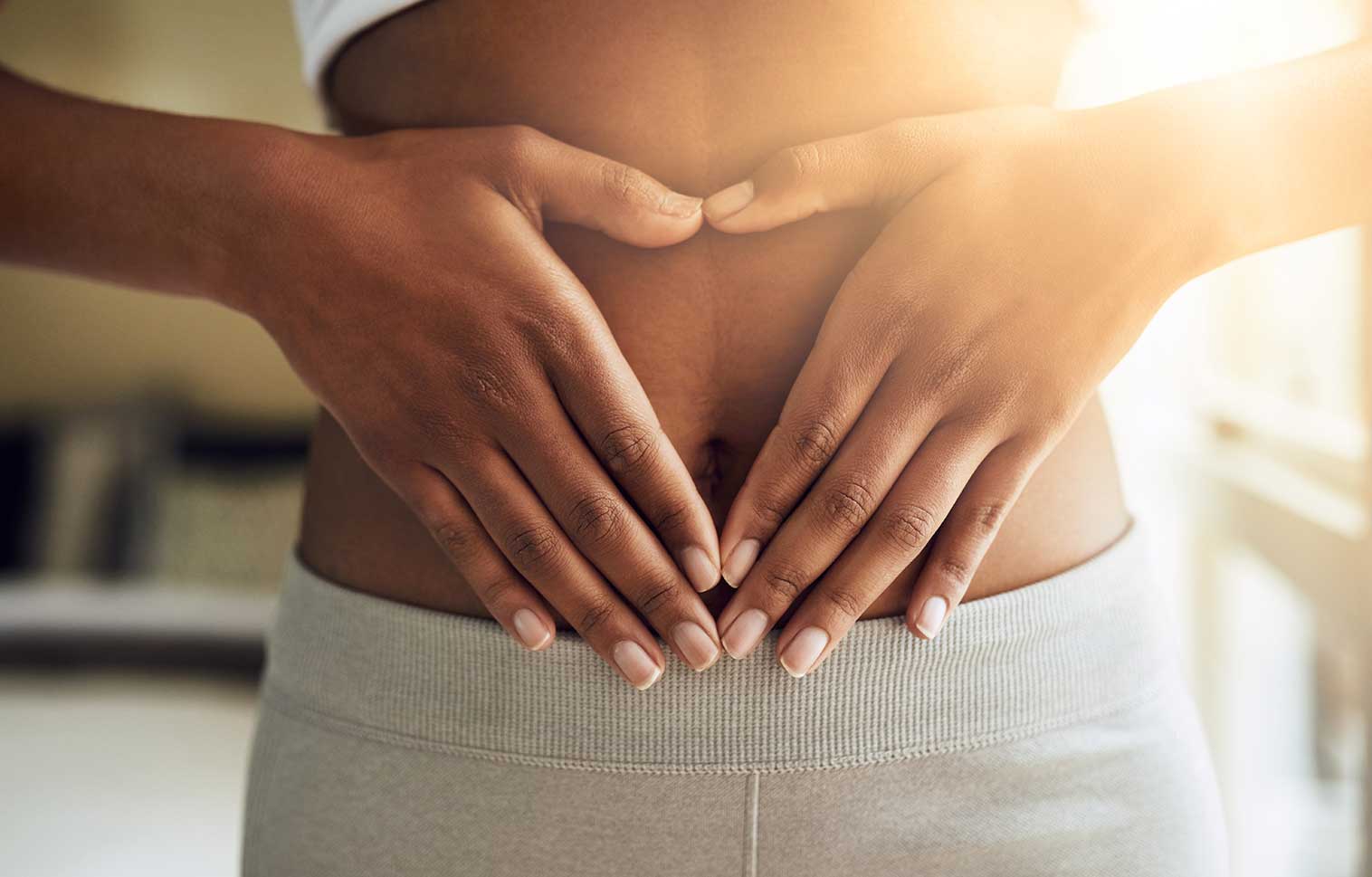
This involves removing any foods that are creating sensitivities (often gluten and dairy), replacing what you need for a properly functioning digestive system with supplements if necessary, re-inoculating your gut with friendly bacteria, repairing its lining with the correct nutrients, and rebalancing your life to make sure you are getting enough relaxation, sleep and exercise.
But there is lot of very simple stuff all of us can do every day to help our good bugs thrive. Diet is a biggie.
“I see so many people who think they’re eating healthily and then I get them to do a seven-day food diary and it turns out that they’re eating pretty poorly with not enough good fats and protein, and too many carbs,” says Tracy.
Highly industrialised, processed foods are a real no-no. Scarily, the emulsifiers used to add texture and extend shelf life have been shown in studies on mice to encourage the growth of bacteria that attack the lining of the gut. Sugar, in any of its forms, is a bad idea, too, as it’s also been seen to adversely affect the microbiomes of mice in research labs.
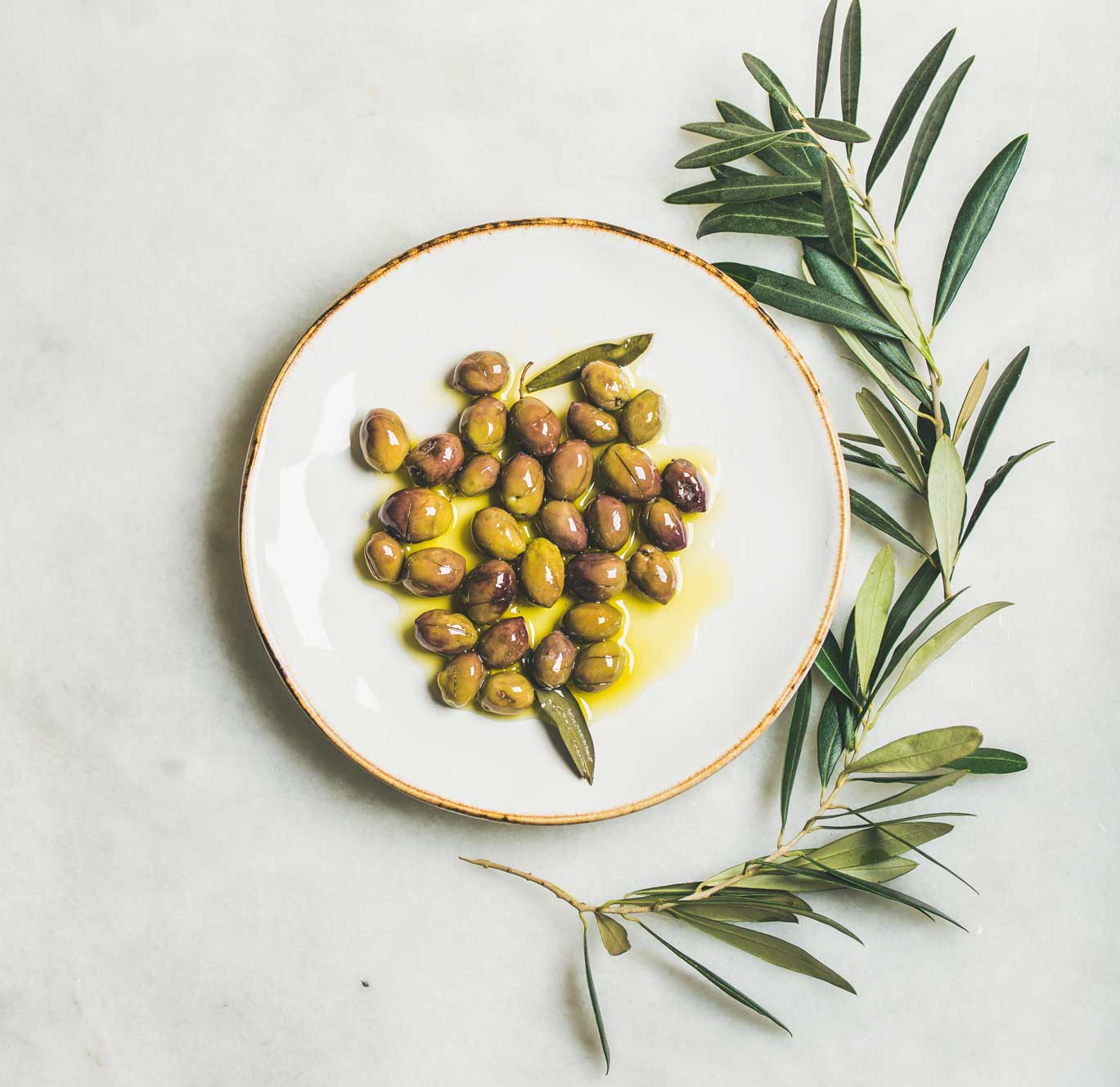
Instead we should be enjoying a widely varied diet with lots of fibre and fresh food, lean proteins and good fats such as avocado, salmon and olive oil – the traditional Mediterranean-style diet is a good place to start.
Eating or drinking some fermented products such as sauerkraut, kefir and kombucha, as well as live yoghurt and miso, is one way to help repopulate the gut with good bacteria.
It’s also worth taking a good-quality probiotic supplement, especially if you’ve needed antibiotics recently. However, the downside of these products is that, while our guts are home to thousands of different species and strains of bacteria, most probiotics contain only a relatively small number of the same strain.
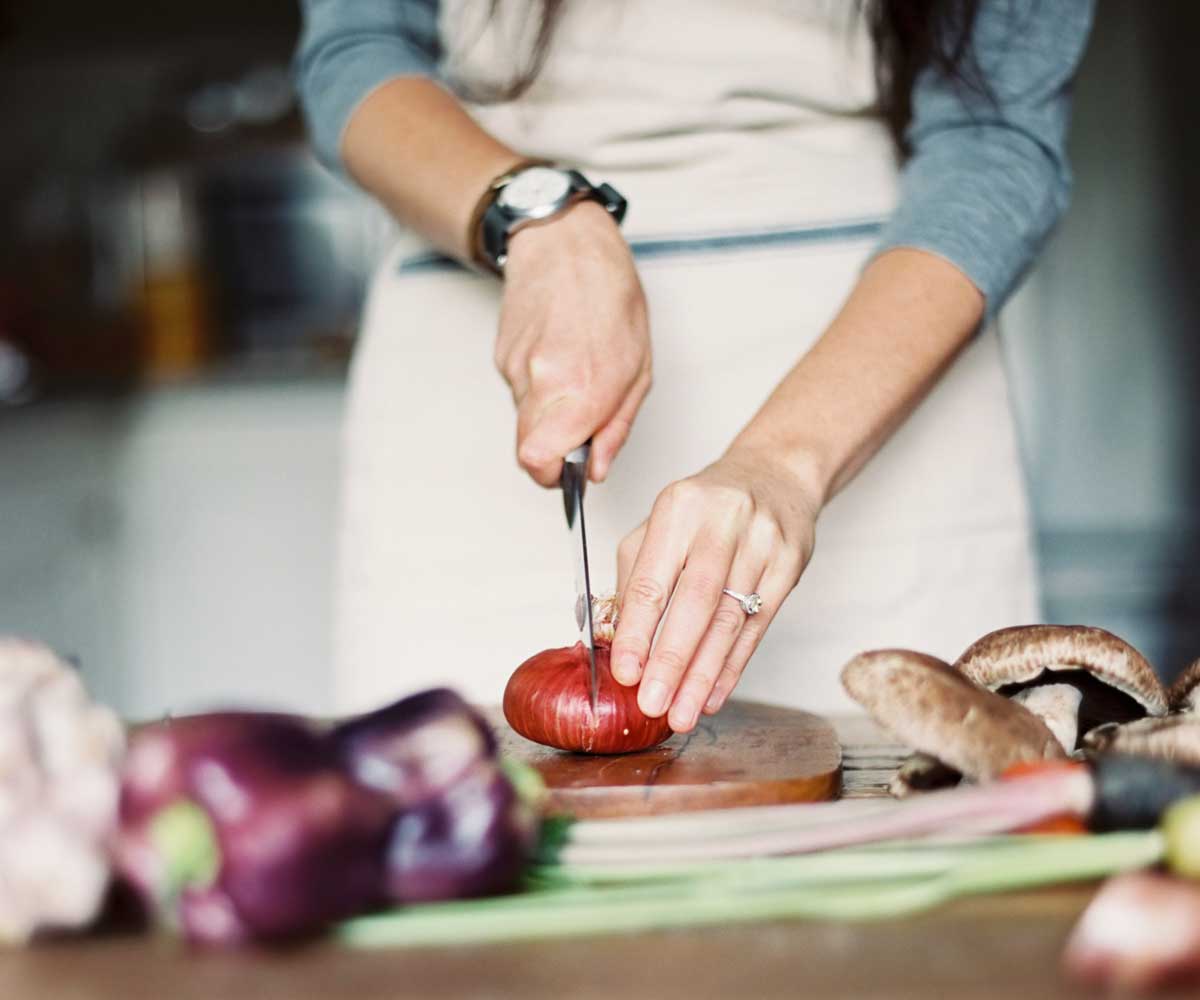
Tracy advises that rather than focusing on just one source of probiotic, it’s better to go for maximum diversity by trying a little of this and that.
Once the good bacteria have made it to your gut, you have to look after them. They need food, known as prebiotics, which means eating lots of resistant starches your body can’t fully digest.
The best known is inulin and you’ll find it in onions, leeks and garlic. Edible seaweeds are a really great prebiotic and have been shown to boost the helpful bacteria that work to reduce inflammation and strengthen the gut wall.
The way you prepare foods can make a difference too. If you cook and then cool potatoes, pasta, green peas, beans and lentils you’ll increase the amount of resistant starch they contain.
Dark chocolate is still on the menu as it’s full of polyphenols that boost good bugs linked to lowering cholesterol. The odd glass of red wine may well have the same effect. But if you drink tap water it pays to use a filter because chlorine and fluoride aren’t believed to be so friendly.
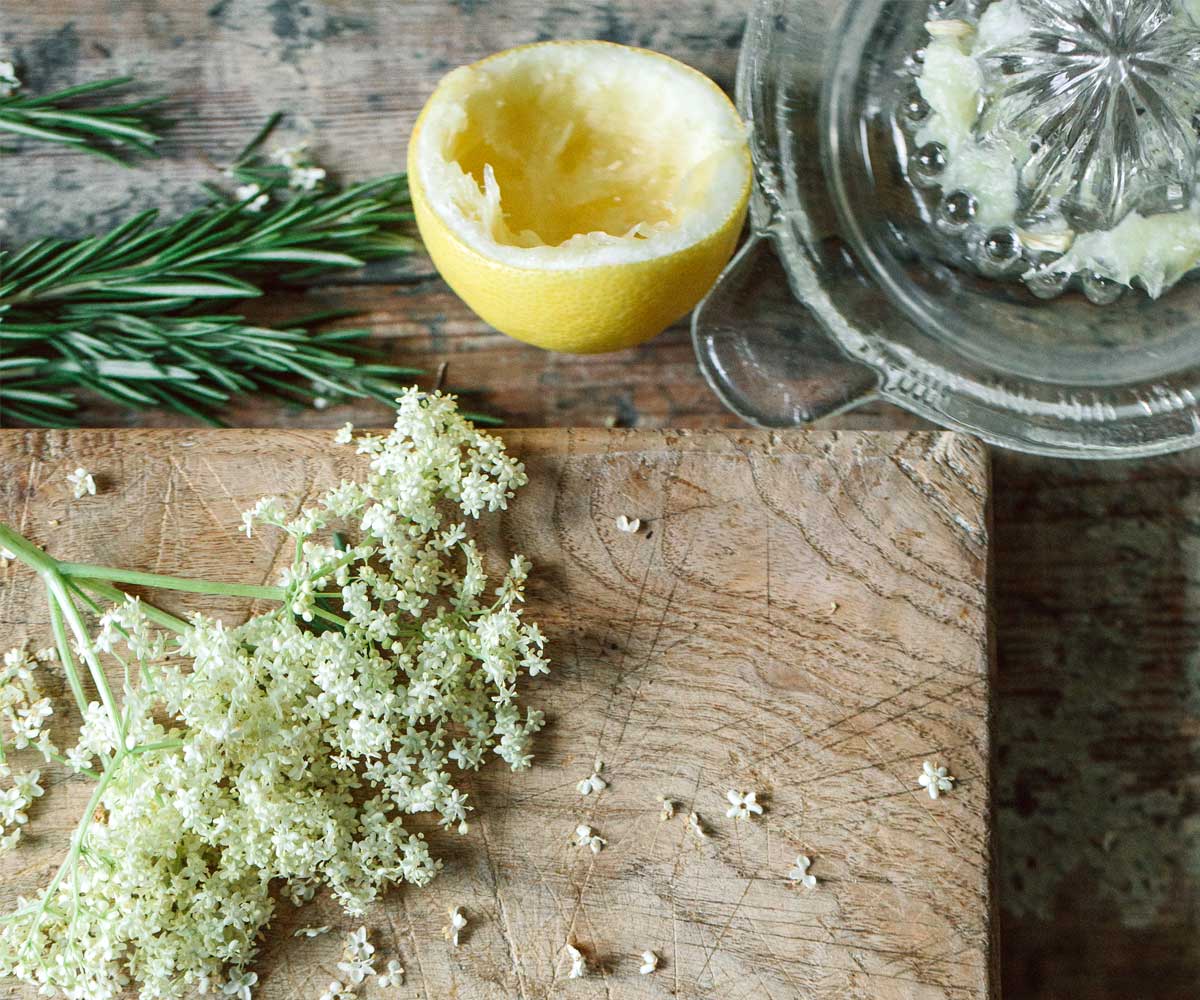
There is a lot we don’t yet know about the role of the microbes living inside us. They may turn out to be more important than we ever imagined. But one thing is absolutely certain: a diet of junk food is toxic to them.
London professor of genetic epidemiology Tim Spector proved that when he got his son Tom, a university student, to eat nothing but food from McDonald’s for 10 days straight. Tom ended up losing an estimated 1400 species of gut bacteria — nearly 40 per cent of his total.
Tracy says she sees a huge range of people who turn out to be suffering from gut imbalances that are impacting on their good health. “From octogenarians to gym bunnies and farmers.”
Healing them takes time but doesn’t have to be stressful or difficult. Give those good gut bugs a fighting chance and the benefits start with better digestion and a stronger immune system, and may lead to you being happier, slimmer, more energetic, clearer skinned and far less likely to suffer serious health issues such as Type 2 diabetes. “Good gut health is such a key thing,” says Tracy.
